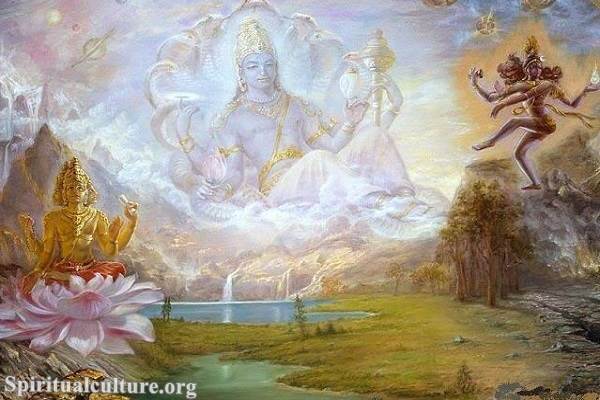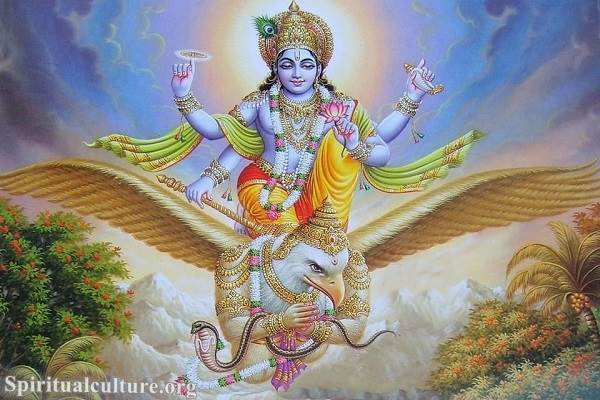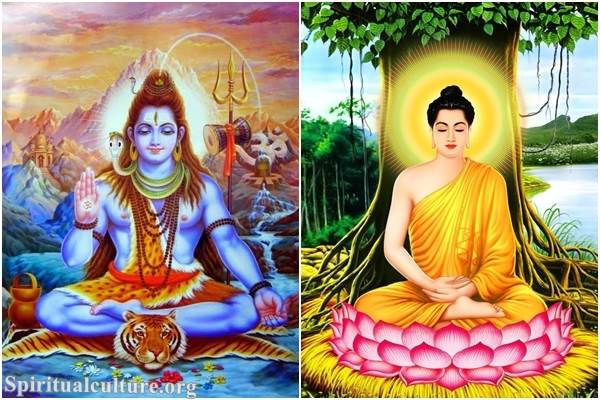Hinduism is one of the oldest major religions in the world, with roots that can be traced back to prehistoric times. The exact origins of Hinduism are difficult to pin down, as it has evolved over thousands of years and has been shaped by various cultures and traditions. However, it is generally considered to have originated in the Indus Valley Civilization around 2500 BCE.

The earliest known references to Hinduism can be found in the Vedas, a collection of religious texts that were composed in ancient India between 1500 and 500 BCE. These texts contain hymns, prayers, and rituals that form the foundation of Hindu religious practice.
Hinduism is also associated with the Indus Valley Civilization, which existed in what is now Pakistan and northwest India around 2500 BCE. Archaeological evidence suggests that the Indus Valley Civilization had a sophisticated culture and religion, and some scholars believe that the roots of Hinduism can be traced back to this ancient civilization.
In addition to these ancient roots, Hinduism has been shaped and influenced by various other cultures and traditions over the centuries. For example, the arrival of the Aryans in the Indian subcontinent around 1500 BCE brought new religious beliefs and practices that were incorporated into Hinduism. Similarly, the influence of Buddhism, Jainism, and other religions has also shaped Hinduism as it is known today.
Due to its long history, Hinduism is a diverse religion and has many different beliefs, practices, and traditions. It is a complex and multi-faceted religion that continues to evolve and adapt to the changing times.




